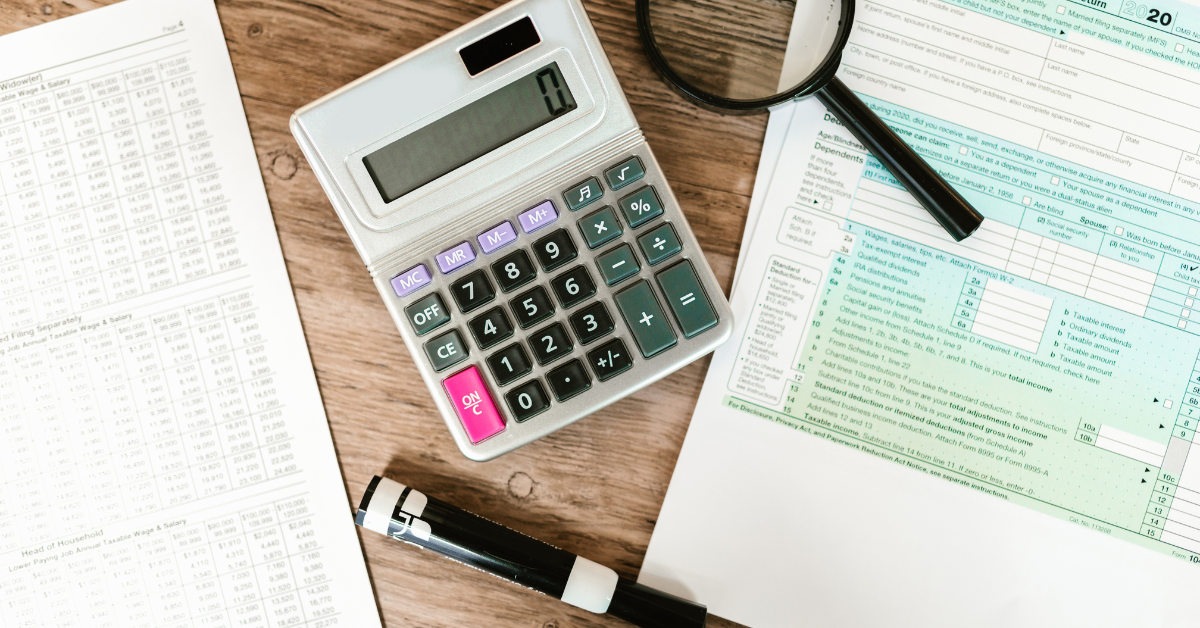Introduction: What is a Credit Score?
Credit is a crucial tool in many aspects of your financial life, from buying a home to obtaining a credit card. A credit score is a numerical score that reflects your financial responsibility. Lenders use this score to assess the risk of lending you money. A good credit score can result in lower interest rates and better loan terms, while a poor score can make accessing credit more difficult.
What Affects Your Credit Score?
Several factors impact your credit score. The five main components include:
- Payment History (35%)
Your payment history is the most important factor in determining your score. If you have a history of on-time payments, it will help improve your score. Late or missed payments can significantly lower your score. - Total Debt (30%)
The amount of credit you use relative to your available credit is called credit utilization. Keeping this ratio below 30% is ideal for maintaining a high score. The more debt you have relative to your credit limit, the worse your score will be. - Length of Credit History (15%)
The length of time you have had credit also matters. Having old, well-managed credit accounts helps increase your score. - Types of Credit (10%)
Having a variety of types of credit (credit cards, personal loans, car loans, etc.) can help improve your score, as it shows you can manage different forms of credit. - Recent Credit Inquiries (10%)
Credit inquiries occur when you apply for a loan or a credit limit increase. Frequent inquiries can signal to lenders that you’re financially struggling, which can negatively impact your score.
How to Improve Your Credit Score
Improving your credit score takes time, but it’s possible with some simple practices:
- Pay Your Bills on Time
The most important step to improving your score is making sure all your payments are on time. Set up reminders or automatic payments to avoid forgetting. - Reduce Your Debt
Pay down your debts as quickly as possible, prioritizing those with the highest interest rates. Reducing your total debt will improve your credit utilization ratio, which will, in turn, improve your score. - Keep Your Credit Balances Low
Try to keep your credit utilization under 30%. This means if you have a credit limit of $10,000, aim to use no more than $3,000. - Avoid Frequent Credit Inquiries
Avoid applying for new credit or credit limit increases too frequently. This can hurt your score, especially if you’re making multiple inquiries in a short period. - Check Your Credit Report Regularly
It’s important to monitor your credit report to identify any potential errors or fraud. If you find any inaccuracies, dispute them with the credit agencies to correct your score.
Conclusion: Improving Your Credit Score Takes Time and Effort
Improving your credit score doesn’t happen overnight, but with patience and discipline, you can achieve a solid score. By paying down your debt, keeping your credit in good standing, and monitoring your report regularly, you’ll ensure access to better financial conditions in the future.




